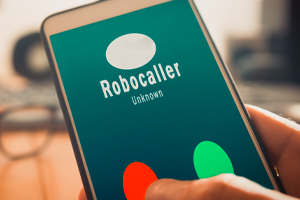Liberty Checking
Get all the checking essentials, including digital services. On top of that, waive the statement fees by going paperless.
Learn MoreLoyalty Visa® Debit Card
Give back to your chosen cause. Whether it's the arts, education, environment or beyond, small change makes a big difference.
Learn MoreGreen Lending
Various consumer and business loan programs to help our customers make energy and resource improvements to their lives.
Learn More

